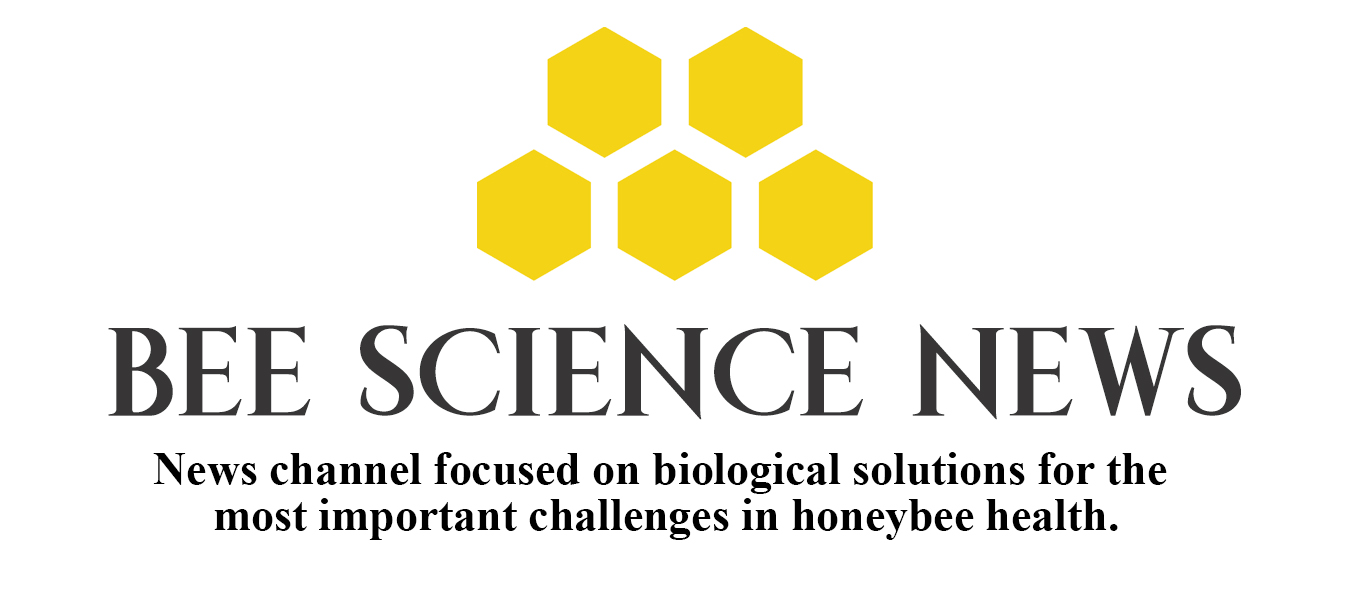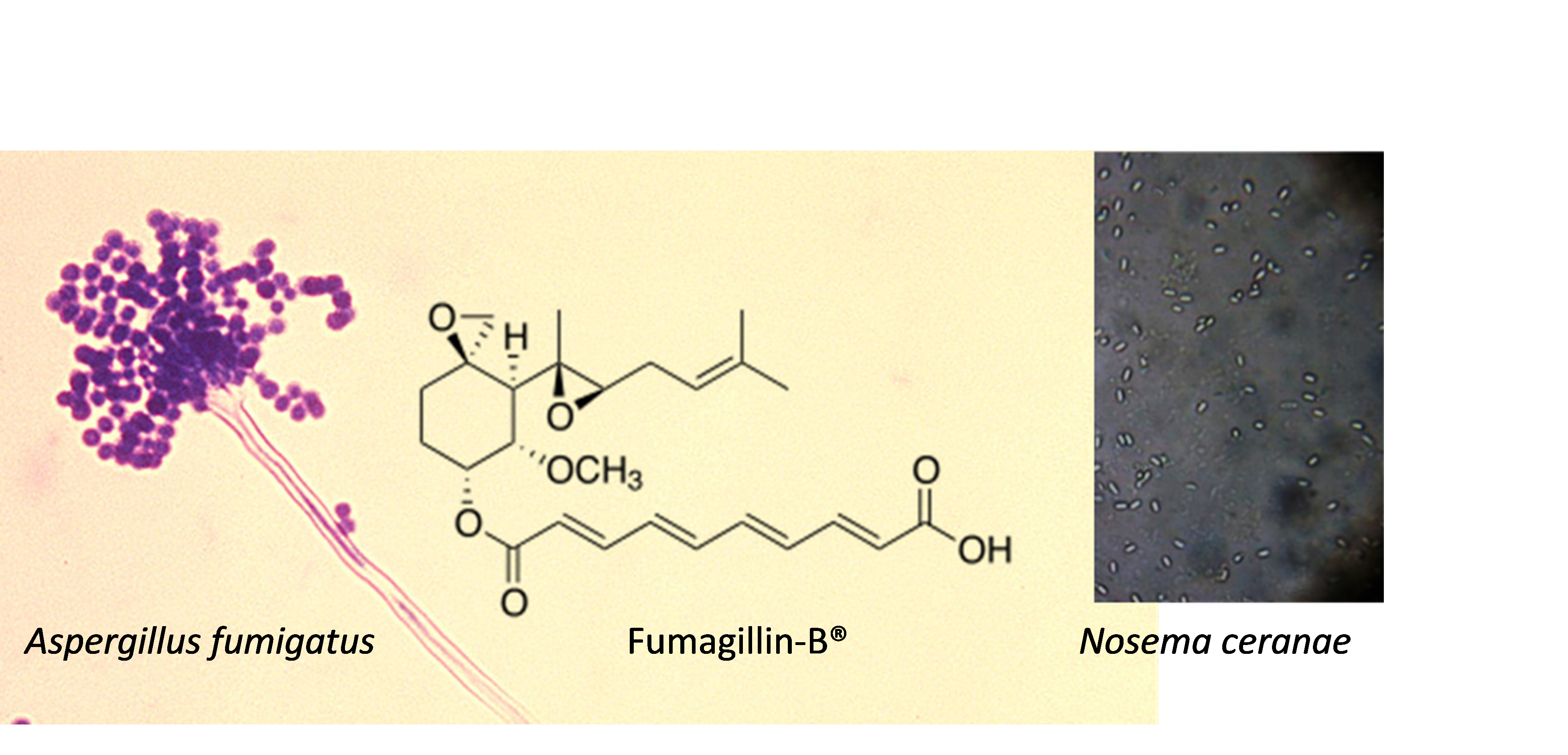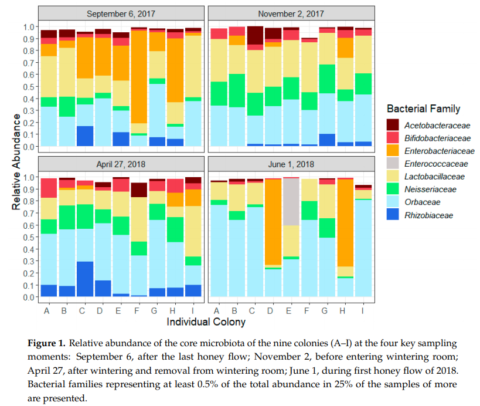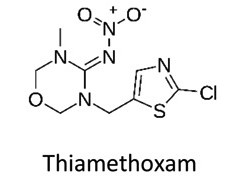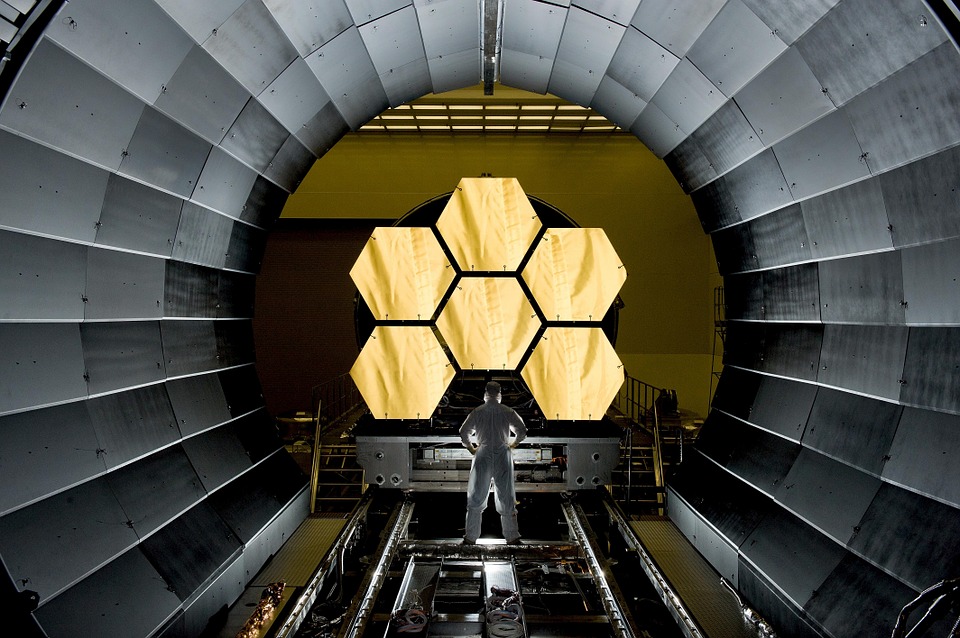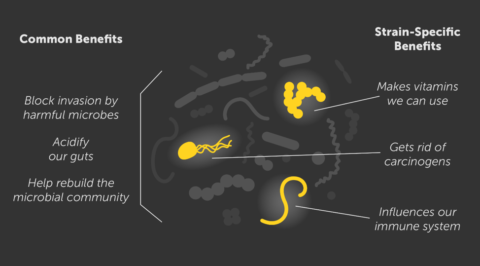Honey bee news & research
Evaluating Efficacy of Fumagilin-B® Against Nosemosis
Researchers from Nova Scotia, Canada, report on Fumagilin-B® suppression of N. ceranae.
October News Digest
Scientific journals digest for what’s new in honeybee biology: what happens with honey bee gut during overwintering in Canada; understanding Foul Brood Disease and “crud brood”; and appreciating diversity in scientific community.
Solution to Pesticide Problem: Lactic Acid Bacteria.
New study “A Pediococcus strain to rescue honeybees by decreasing Nosema ceranae- and pesticide-induced adverse effects” by Peghaire et al. found that feeding live Pediococcus bacteria can rescue honeybees from N. ceranae– and pesticide adverse effects. Mortality was down from 41% to 15% and Nosema spores per bee decreased by 80%. Gene expression analysis indicates that the bacteria can achieve this benefit by stimulating the honeybee immune and detoxication systems.
July News Digest
As always, I wish all the readers the best health! Inevitably, summer weather and busy time in the bee yard…
June News Digest
New studies on honey bee health, nutrition, and microbiome, from the USDA-ARS Honey Bee Lab in Baton Rouge, LA.
Probiotics Nosema field trial
Soon after eclosion, adult honeybees are inoculated with core gut microbiome species, including those belonging to genera Bacillus and Lactobacillus….
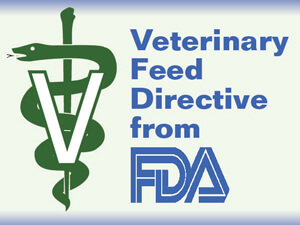
FDA convicts VFD violators
FDA started to restrict veterinary use of medically important antibiotics several years ago. A veterinary feed directive is a written…
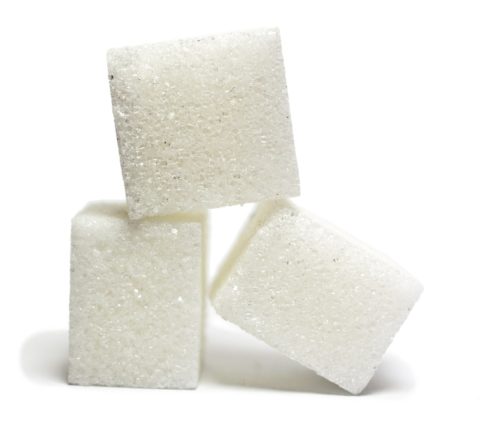
Salt, Fat, Acid, Bees.
Samin Nosrat’s book “Salt, Fat, Acid, Heat” makes me think about the basic elements of honeybee nutrition. What do we feed the bees to set them up for success?
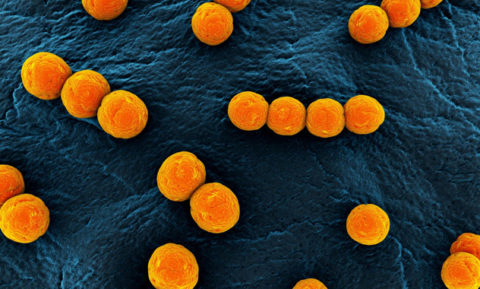
Microbes + Nutrition = Energy
Beekeepers truly love their bees, but many don’t appreciate the role gut microbes play in their overall health. They feed…
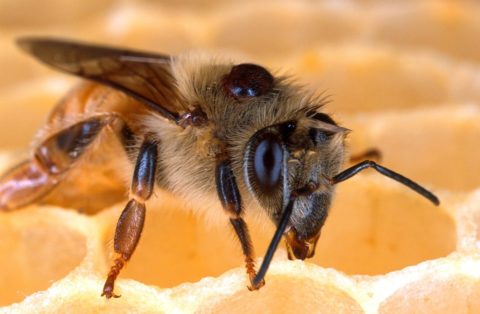
Fighting Varroa Takes Guts
It takes guts to fight Varroa. Do honey bees have what it takes to do it?
